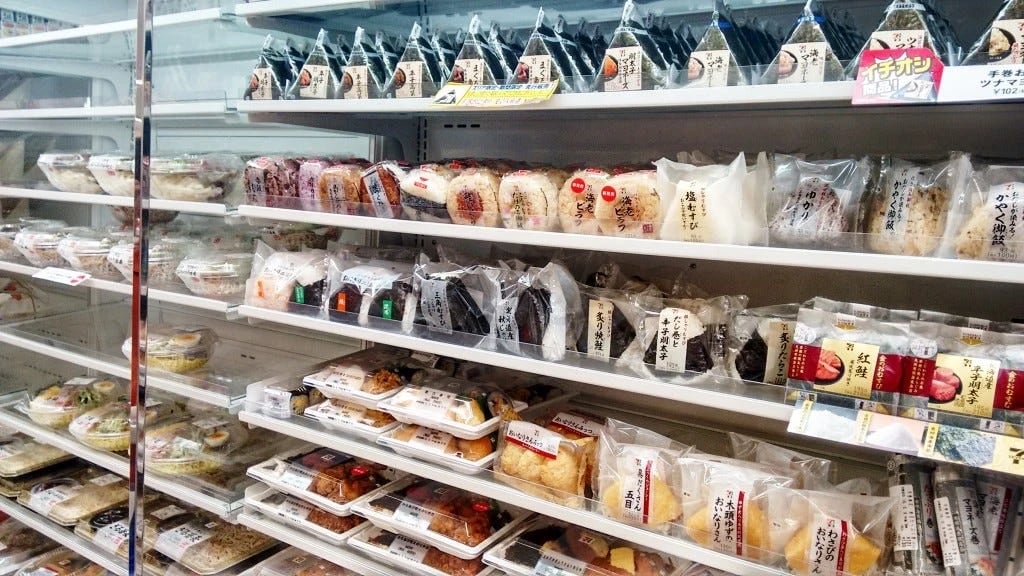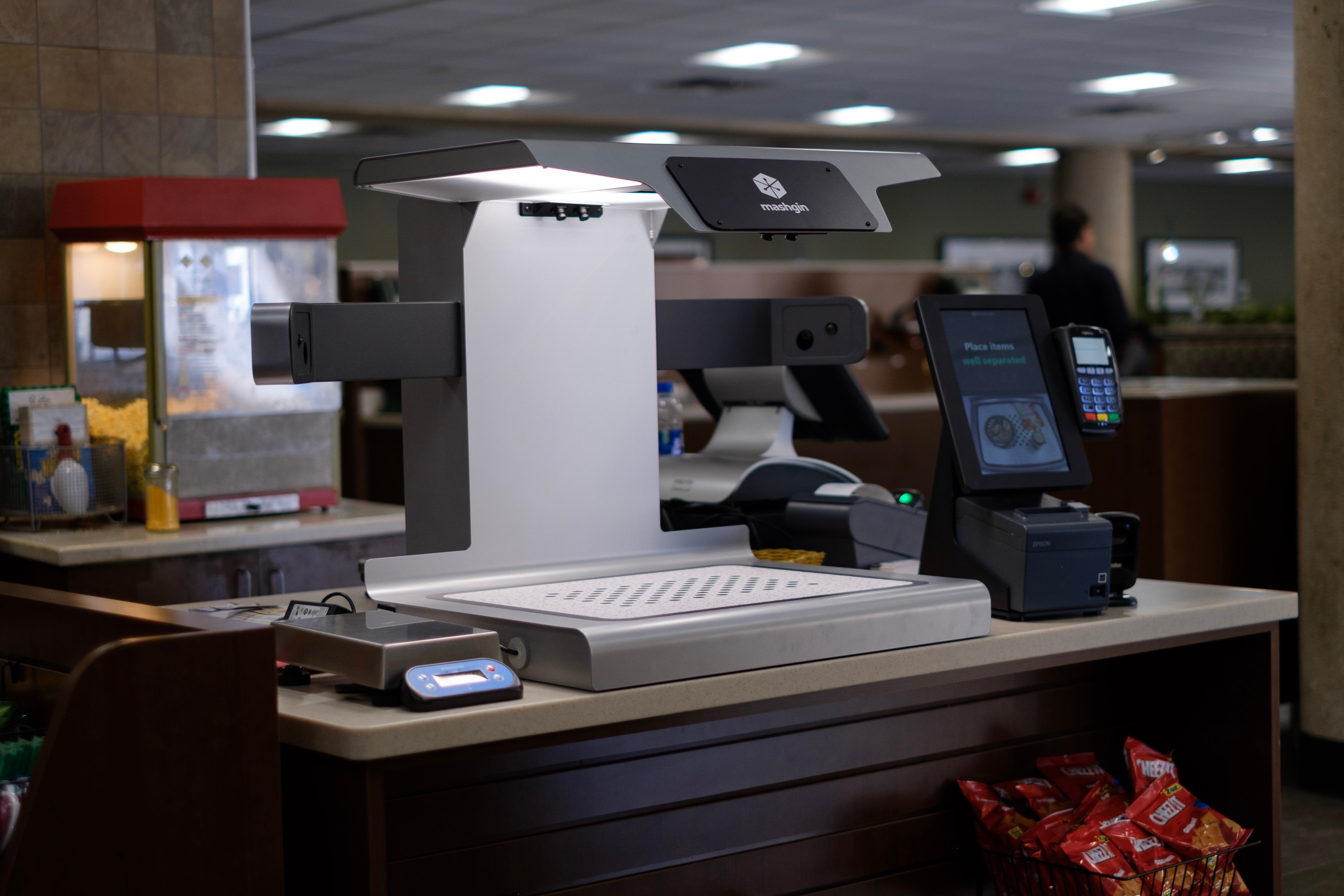C-Stores Around the World: A Global Tapestry of Quick and Easy

In the fast-paced world we live in, convenience stores serve as lifelines for many, offering a range of services and products that cater to our immediate needs. These stores, often found at every other corner of busy streets, differ significantly from country to country, reflecting the unique culture, needs, and innovations of each place. Let's take a global tour to understand how convenience stores adapt and thrive in various parts of the world.
Japan: The Pinnacle of Innovation and Service
In Japan, convenience stores, known as "konbini," are not just places to grab a quick snack; they are integral to daily life. These stores offer an astonishing variety of services, from ATMs to ticket booking services, and even laundry drop-off points. The product range is equally impressive, featuring fresh food, including sushi and bento boxes, alongside the usual snacks and drinks. What sets Japanese convenience stores apart is their focus on high-quality, innovative products and impeccable service, making them indispensable to the local populace.

One could argue that the konbini's success lies in its ability to blend seamlessly into the fabric of Japanese society, offering more than just convenience but a reliable, quality-assured, 24/7 service that caters to a wide array of needs. The stores are impeccably clean, well-organized, and staffed by polite and efficient employees, making every visit a pleasant experience.
Turkey: The Charm of Corner C-Stores
 In Turkey, convenience stores take on a more traditional form, often referred to as "bakkals." These small, neighborhood stores are deeply ingrained in Turkish culture, providing a personal touch that large retail chains cannot match. Bakkals typically offer a range of everyday items, from fresh bread and dairy products to household staples. What makes them special is their community-centric approach; bakkal owners often know their customers by name, offering a level of service that's both personal and deeply human.
In Turkey, convenience stores take on a more traditional form, often referred to as "bakkals." These small, neighborhood stores are deeply ingrained in Turkish culture, providing a personal touch that large retail chains cannot match. Bakkals typically offer a range of everyday items, from fresh bread and dairy products to household staples. What makes them special is their community-centric approach; bakkal owners often know their customers by name, offering a level of service that's both personal and deeply human.
These corner stores are more than just shopping venues; they are communal spaces where neighbors can catch up on local news and gossip, reinforcing the social fabric of Turkish neighborhoods. While they may not boast the technological innovations of their Japanese counterparts, bakkals hold their own through their personalized service and cultural significance.
United States: The Quick Fix Culture
The U.S. takes a different approach to convenience, with stores like 7-Eleven, Circle K, and Wawa focusing on providing quick and easy solutions to consumers on the go. American convenience stores are characterized by their wide aisles, extensive product ranges, and self-service formats. From hot dogs and Slurpees to a broad selection of snacks and beverages, these stores cater to the American ethos of convenience and speed.
Moreover, many U.S. convenience stores are co-located with gas stations, making them one-stop shops for refueling both cars and people. The emphasis here is on efficiency and accessibility, with many stores open 24/7 to serve customers around the clock. While they may not offer the same level of service as their Japanese counterparts or the personal touch of Turkish bakkals, American convenience stores excel in providing a fast, convenient shopping experience.
A Global Reflection
What stands out in this global overview is how convenience stores reflect the cultural, social, and economic fabric of their respective countries. In Japan, the emphasis on innovation and service excellence speaks to a society that values quality and convenience in equal measure. Turkey's bakkals highlight the importance of community and personal connections, serving as hubs of social interaction. Meanwhile, the U.S.'s focus on speed and efficiency mirrors the country's fast-paced lifestyle. Whether it's through app-based ordering, sustainable practices, or expanding product ranges, these stores are more than just places to buy a quick snack—they are windows into the cultures that birthed them.

